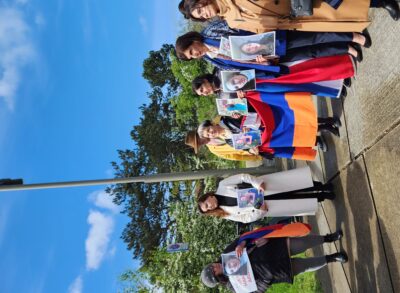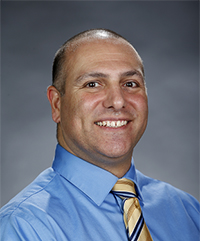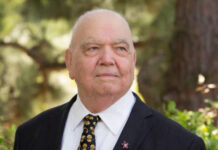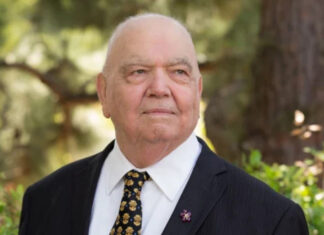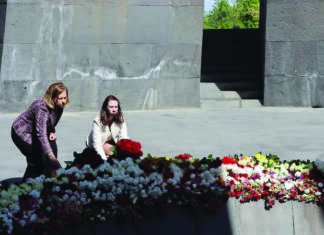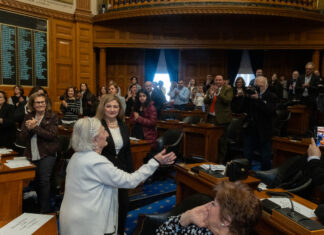By Matthew Ari Jendian, Ph.D.
This year, while commemorating the 105th anniversary, it is worth highlighting that both houses of the US Congress passed resolutions officially recognizing and remembering “the Armenian Genocide.”
On October 29, 2019, H. Res. 296, a resolution introduced in the US House of Representatives by Rep. Adam Schiff (D-CA) recognizing the Armenian Genocide passed with a vote of (405 to 11 with 3 present).
On December 12, 2019, S. Res. 150, a resolution introduced by Sen. Bob Menendez (D-N.J.), Ranking Member of the Senate Foreign Relations Committee, and championed by Sen. Ted Cruz (R-T.X), was passed by Unanimous Consent.
Not only has Sen. Menendez led the call for a formal Senate Resolution recognizing the Armenian Genocide in every session of Congress since 2006, he co-authored such resolutions during his time in the House.
Under Senate rules, legislation can pass without a roll call vote as long as no senator objects. However, for three consecutive weeks, Sen. Menendez brought the resolution to the Senate Floor, only to be blocked.
